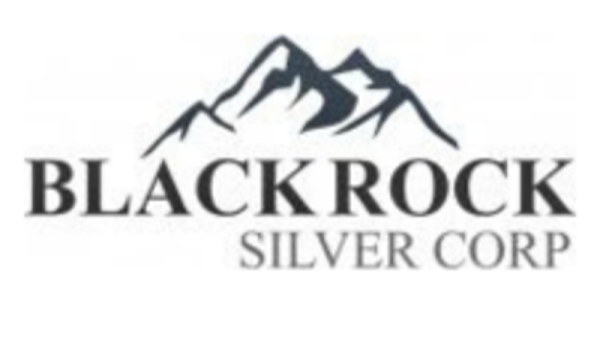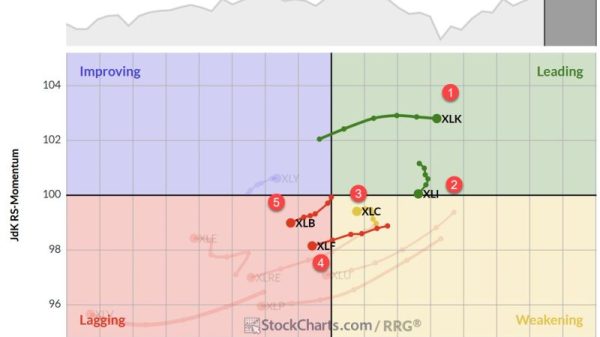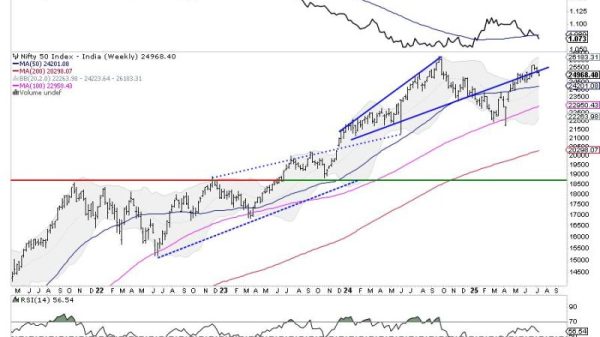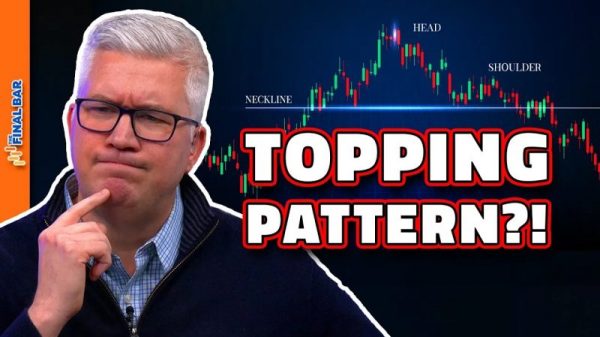As data breaches and cyberattacks rise, cybersecurity exchange-traded funds (ETFs) are gaining traction.
The term cybersecurity originated in 1989, and today is defined as the measures taken to protect a computer or computer system against unauthorized access or cyberattack threats. These measures can include people, policies and processes.
The number of security incidents is increasing every year, as are the costs companies must pay. In fact, according to a 2024 research report from IBM (NYSE:IBM), the average cost of a single data breach event globally was US$4.48 million — up 10 percent over the previous year and the highest cost in the 19 years since the first report was issued.
These threats are unlikely to fade anytime soon. The forecast for the cybersecurity market is strong through 2030, with trends in the space including the threats posed by AI and quantum computing.
There are multiple ways to invest in the cybersecurity market, including cybersecurity ETFs, which offer a low-cost way to enter the space. ETF fees and expenses are typically lower than those associated with mutual funds or other types of actively managed financial instruments. What’s more, ETFs provide exposure to a basket of stocks, meaning investors can spread their risk around.
According to ETF.com, there are nine cybersecurity ETFs listed in the US. Here’s a closer look at the top four cybersecurity ETFs by assets under management (AUM). ETFs with assets under management above US$500 million are included in this list. All numbers and figures were current as of January 9, 2025.
1. First Trust NASDAQ Cybersecurity ETF (NASDAQ:CIBR)
AUM: US$7.08 billion
Expense ratio: 0.6 percent
Launched in July 2015, this ETF tracks the NASDAQ CTA Cybersecurity Index (INDEXNASDAQ:NQCYBR) and has 33 holdings. The index, which includes companies categorized by the Consumer Technology Association as cybersecurity, is largely composed of tech firms but also offers some exposure to the defense and aerospace sectors.
The First Trust NASDAQ Cybersecurity ETF’s top holdings include Broadcom (NASDAQ:AVGO) at a weight of 10.95 percent, Infosys (NYSE:INFY) at an 8.14 percent weight, CrowdStrike Holdings (NASDAQ:CRWD) at 7.98 percent and Cisco Systems (NASDAQ:CSCO) at 7.85 percent.
2. ETFMG Prime Cyber Security ETF (ARCA:HACK)
AUM: US$1.81 billion
Expense ratio: 0.6 percent
The oldest cybersecurity ETF on this list is the ETFMG Prime Cyber Security ETF, which began trading in November 2014 and tracks the ISE Cyber Security Index (INDEXNASDAQ:HXR). HACK is run by ETFMG, a lesser-known company among the goliath ETF managers, and it has had a 12.19 percent annualized return over the past five years.
The cybersecurity ETF has 27 holdings, and its top holdings by weight include Broadcom at 13.87 percent, Cisco Systems at 7.18 percent, CrowdStrike Holdings at 5.62 percent and Palo Alto Networks (NYSE:PANW) at 5.45 percent.
3. iShares Cybersecurity and Tech ETF (ARCA:IHAK)
AUM: US$921.99 million
Expense ratio: 0.47 percent
Last on this cybersecurity ETFs list is the iShares Cybersecurity and Tech ETF. Founded in June 2019, it tracks the NYSE FactSet Global Cyber Security Index (INDEXNYSEGIS:NYFSSEC), and has a focus on developed and emerging markets in the cybersecurity industry.
The iShares Cybersecurity and Tech ETF has 37 holdings, including CyberArk Software (NASDAQ:CYBR) at a weight of 4.45 percent, Accton Technology (TPE:2345) at a 4.44 percent weight, Juniper Networks (NYSE:JNPR) at 4.39 percent and Okta (NASDAQ:OKTA) at 4.17 percent.
4. GlobalX Cybersecurity ETF (NASDAQ:BUG)
AUM: US$786.78 million
Expense ratio: 0.51 percent
The newest ETF on this list is the GlobalX Cybersecurity ETF, which was founded in October 2019. The ETF tracks a market-cap-weighted global index of companies selected based on revenue related to cybersecurity activities, as companies must generate at least 50 percent of their revenue from cybersecurity to be included.
The ETF has 22 holdings, with the top by weight being Fortinet (NASDAQ:FTNT) at a weight of 6.92 percent, CrowdStrike at 6.87 percent, Check Point Software Technologies (NASDAQ:CHKP) at 5.95 percent and Zscaler (NASDAQ:ZS) at 5.77 percent.
Securities Disclosure: I, Lauren Kelly, hold no direct investment interest in any company mentioned in this article.


































